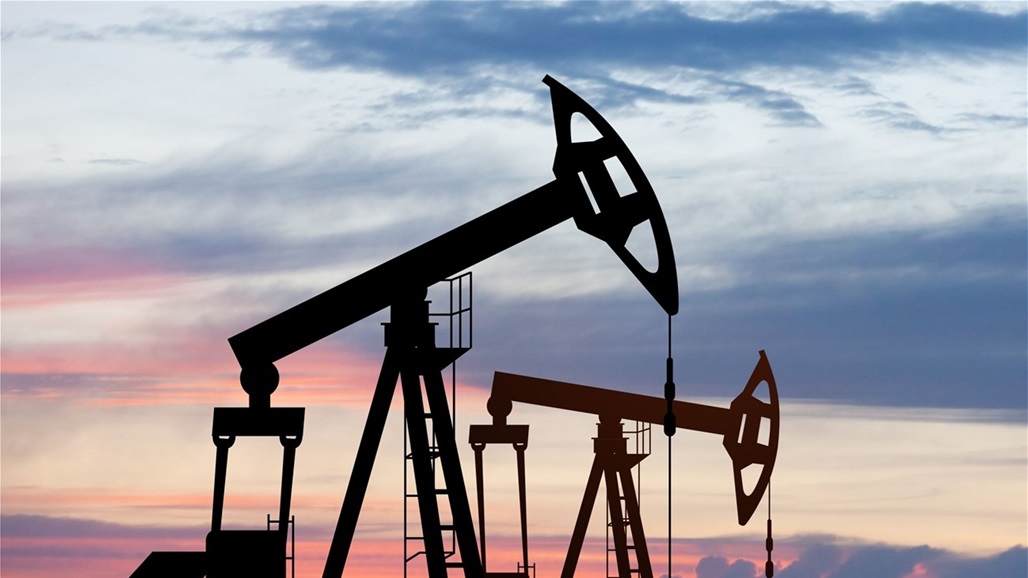The Recovery of Oil Prices Supported by Limited Increase in "OPEC+" Production and Geopolitical Concerns

Oil prices rose at settlement on Monday, September 8, partially recovering from last week's losses, supported by two main factors: the first is the consideration that the increase in production by the "OPEC+" alliance is "modest", and the second is concerns about the imposition of further sanctions on Russian crude.
According to the settlement, Brent crude rose by about 0.9% to reach $66.11 per barrel. Meanwhile, West Texas Intermediate crude rose by 39 cents or 0.63% to settle at $62.26 per barrel.
This increase comes after a declining week, where the two benchmark crudes lost more than 2% last Friday, ending the week "down more than 3%", affected by weak U.S. job data which reflects "pressures on energy demand expectations".
In this context, the "OPEC+" alliance, which includes the Organization of the Petroleum Exporting Countries (OPEC) and Russia along with other allies, approved a gradual increase in production starting from October. Eight members of the alliance are set to raise their production by about 137,000 barrels per day, a level described as "much lower than previous monthly increases" which reached about 555,000 barrels in August and September and 411,000 barrels in July and June.
On the geopolitical front, statements have heightened concerns about supply disruptions. The Algerian Ministry of Energy stated that Algeria and Russia confirmed their "commitment to contributing to the stability of the oil and gas market within the OPEC+ alliance". Russia also launched its largest airstrike since the beginning of the war in Ukraine, resulting in a fire at the main government building in central Kyiv, killing at least four people including an infant, according to Ukrainian officials.
For his part, analyst Toshitaka Tazawa from "Fujitomi Securities" commented on the situation saying that the market has seen a "slight recovery" supported by "relief regarding the limited increase in OPEC+ production and technical factors following last week's declines", adding that "expectations of a supply decrease due to potential new U.S. sanctions on Russia support prices, despite ongoing downward pressures with increased production".
In Washington, U.S. President Donald Trump stated that European leaders will visit the United States on Monday and Tuesday "to discuss ways to end the Russian-Ukrainian war", adding that he is "not satisfied" with the current situation, but renewed his "confidence in the possibility of reaching a close settlement".